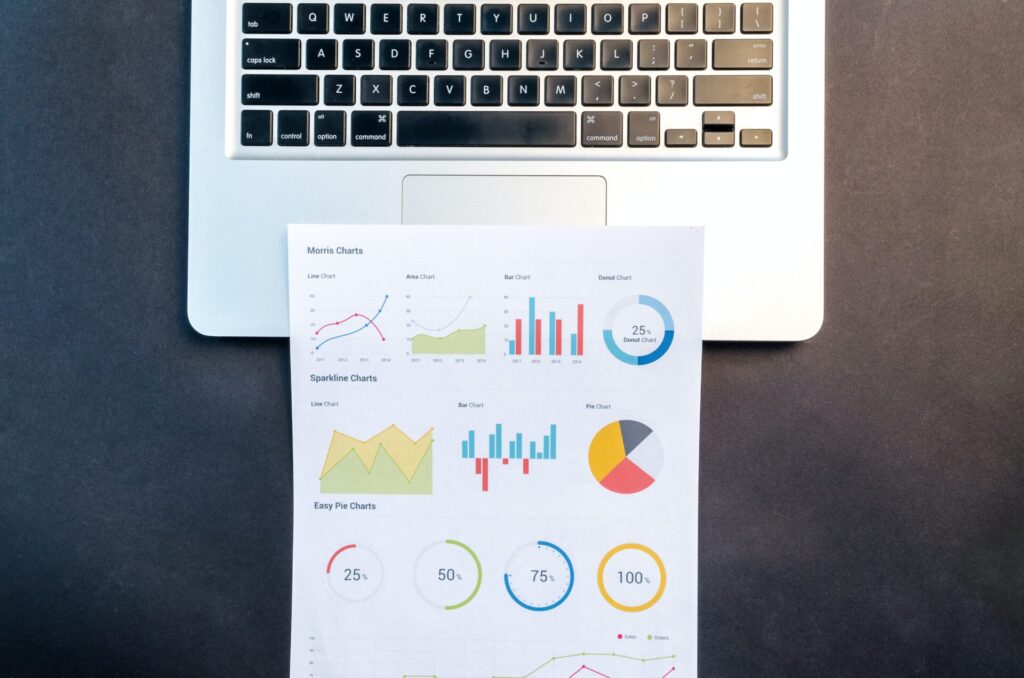
Big Data is a term used to describe the large volume of data, structured and unstructured, that inundates a business on a day-to-day basis. But it’s not the amount of data that’s important.
It’s what organizations do with the data that matters. Big Data can be analyzed for insights that lead to better decisions and strategic business moves.
Importance of Big Data
Big Data is important because it allows organizations to gain insights. With the help of advanced technologies, organizations can analyze large amounts of data to identify patterns, trends, and relationships.
This can provide valuable insights into customer data, purchasing patterns, market trends, and operational inefficiencies. Additionally, Big Data can be used to improve decision-making, increase efficiency, and reduce costs. It can also be used to develop new products and services that meet the specific needs of customers.
Overall, Big Data is a powerful tool that can help organizations to gain a competitive edge and drive growth.
A Brief History of Big Data
The term “Big Data” was first coined by John Mashey in the 1990s. However, the concept of Big Data has been around for much longer. In the 1960s, IBM and other companies began using large mainframe computers to store and analyze large amounts of data.
But it wasn’t until the advent of the internet and the proliferation of personal computers that Big Data truly began to take off. In the 2000s, companies such as Google and Facebook began using Big Data to extract insights about their users and improve their services. Today, Big Data is used by organizations of all sizes and across all industries.
Applications of Big Data
Big Data has a wide range of applications across various industries. Some of the most common applications include:
Business Intelligence
Business Intelligence (BI) is the process of using data to inform business decisions. With Big Data, organizations can obtain insights into customer behavior, purchasing patterns, and preferences.
This can help organizations target their marketing efforts more effectively, leading to increased sales and revenue. Big Data can help organizations to improve their operations by identifying inefficiencies and areas for improvement.
Healthcare
Big Data is being used to improve patient care and outcomes in the healthcare industry. With Big Data, healthcare providers can reach insights into patient behavior and treatment outcomes.
This can help providers to improve their treatment plans and personalize care for individual patients. Big Data can be used to identify trends in patient health and disease, leading to the development of new treatments and cures.
Retail
Big Data is being used to improve the customer experience in the retail industry. With Big Data, retailers can gain insights into customer behavior, purchasing patterns, and preferences.
This can help retailers to target their marketing efforts more effectively, leading to increased sales and revenue. Big Data can be used to optimize inventory management, leading to reduced costs and improved efficiency.
Manufacturing
Big Data is being used to improve efficiency and reduce costs in the manufacturing industry. With Big Data, manufacturers can gain insights into production processes, identifying inefficiencies and areas for improvement. Big Data can be used to optimize supply chain management, leading to reduced costs and improved efficiency.
Finance
Big Data is being used to improve risk management and fraud detection in the finance industry. With Big Data, financial institutions can gain insights into financial transactions and patterns, identifying potential fraudulent activity.
Big Data can be used to improve risk management by identifying potential risks and taking steps to mitigate them. For example, banks and financial institutions can use Big Data to analyze large amounts of data on customers, transactions, and market trends to identify potential credit risks, fraud, and financial crimes.
Furthermore, Big Data can be used to analyze customer data to develop more personalized financial products and services that meet the specific needs and preferences of individual customers.
Final Words
Big Data is a term used to describe the large volume of data, structured and unstructured, that inundates a business on a day-to-day basis. It is important because it allows organizations to gain insights and make better decisions.
Using advanced technologies, organizations can analyze large amounts of data to identify patterns, trends, and relationships, providing valuable insights into customer behavior, purchasing patterns, market trends, and operational inefficiencies.
Big Data can improve decision-making, increase efficiency, reduce costs and develop new products and services that meet specific customer needs. It has a wide range of applications across various industries such as Business Intelligence, Healthcare, Retail, Manufacturing, and Finance.
The term “Big Data” was first coined in the 1990s, but the concept has been around since the 1960s, and it is here to stay along with the AI revolution.
